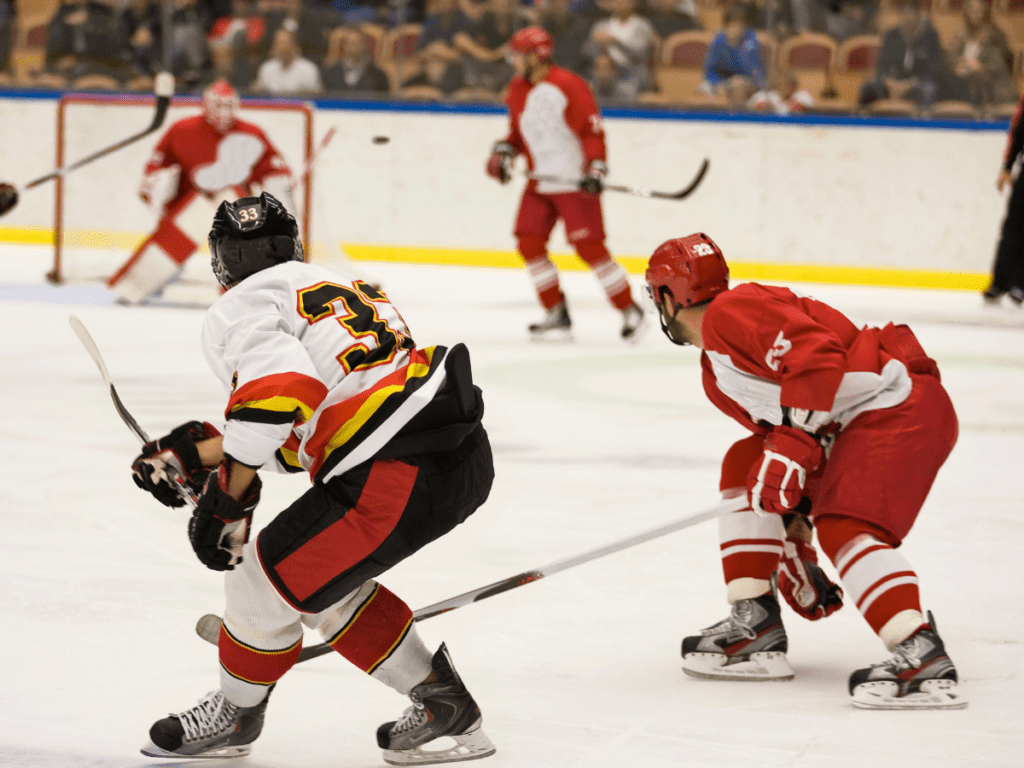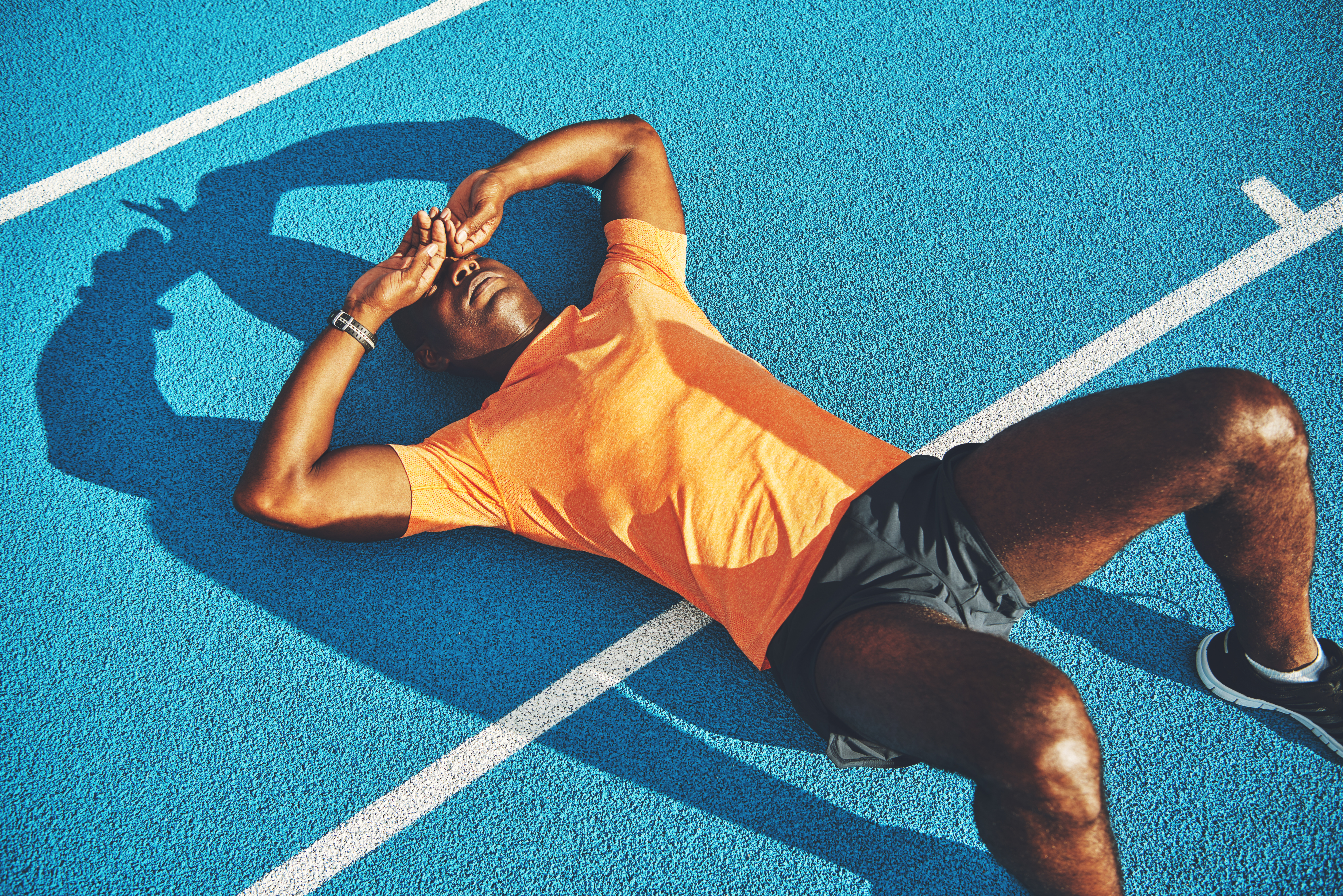Whole body cryotherapy for recovery
Cold therapy is a widely adopted practice for alleviating pain symptoms, mitigating inflammation in chronic diseases, and addressing musculoskeletal injuries. While partial body cryotherapy has proven effective, a recent study underscores the potential advantages of whole-body cryotherapy, indicating its recovery properties as a valuable tool in sports medicine.
Beyond the ice: Former pro hockey player’s concussion struggles drive PhD mission for improved pediatric care for children and youth

In the halls of BC Children’s Hospital in Vancouver, Scott Ramsay witnessed a disconcerting pattern: children with concussions were being referred to the hospital too late, their symptoms already complex and challenging to manage. For Ramsay, a former professional hockey player turned nurse, this scene triggered a flashback to his own teenage years, marked by…
Sleep, Socioemotional Functioning, and Symptom Experience: An Experimental Sleep Restriction Study

Introduction and Context Concussions are very common in sport (Daugherty et al., 2020). As such, accurate assessment of concussion is imperative for safe participation in sport at all levels. A major domain of assessment is self-report symptoms (Patricios et al., 2023). It is well-known that concussion-like symptoms (CLS) are common both after concussion and in…
Rest and injury
Rest and sleep are key parts of maintaining physical health and recovering from potential injuries. This is true even outside of competition season. A recent study, done on preseason rugby athletes, found that longer sleep duration during the preseason may assist in enhancing physical qualities including aerobic capacity and body composition.
Exercise and Sleep
Exercise is a key factor in maintenance of good sleep quality. A recent study highlights that a sufficient amount of moderate – to high-intensity exercise can improve the quality of sleep and prevent insomnia. However, physical activity in the late evening may lower melatonin levels and negatively impact sleep.
Remedies for chronic pain
Chronic neck pain is an incredibly common experience among people around the world. There are many different remedies that people often use to relieve symptoms. A study found that dry needling, a process in which thin needles are administered to cause muscle contractions, could be an effective way to treat chronic neck pain in the…
Impact of sleep on mental health
When life gets busy it is common for many people to end up sacrificing sleep in order to get all of their tasks done. Sleep difficulties are prevalent among Canadians, and poor sleep quality and duration have been associated with worsened overall well-being. A new study found that there are strong associations between good sleep…
Efficacy of napping on sport performance
A systematic review and meta-analysis of available research determined that a 30-60 minute afternoon nap has a beneficial impact on physical performance. An afternoon nap also promotes improved cognitive performance and reduces perceived fatigue after sport activity.
Psychosocial factors in return to sport post-concussion
The psychosocial and not just the physical ramifications of a sport-related concussion need to be considered as athletes return to play. Researchers have identified 6 psychosocial factors involved in return to sport: fear of re-injury, status of confidence, impact on identity, sense of support, sense of pressure and one’s experience of concussion.
Getting active after a concussion
While physical rest is typically recommended in the first 24 to 48 hours following a concussion, rest beyond that period may negatively impact an athlete’s recovery. A Canadian study found that athletes who took more than 3 days to return to physical activity after a concussion took longer to fully return to sport than those who began…